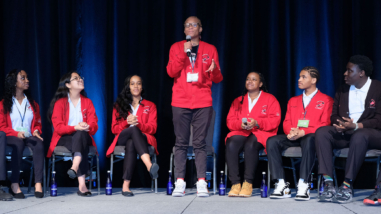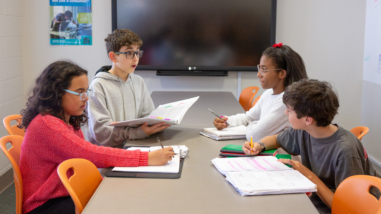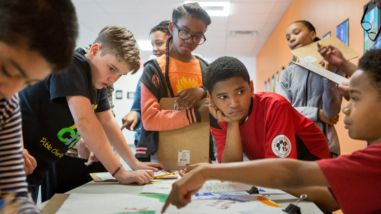Saide
For Supporting Effective Development And Use Of OER In Higher Education Systems In Africa
-
Amount$499,864
-
Program
-
Date Awarded6/11/2019
-
Term24 Months
-
Type of SupportGeneral Support/Program
Strategies
About the Grantee
Grantee Website
www.saide.org.za



